Russia proposes election non-interference pact with US
Russian President Vladimir Putin has called for an agreement between Russia and the United States to expand their cooperation in the field of cybersecurity and prevent interference in one another’s elections.
In a statement on Friday, President Putin described the risk of large-scale confrontation in cyberspace as one of the greatest challenges of the time, proposing that the two countries reach an agreement to prevent major cyberspace incidents.
“(I propose)… exchanging guarantees of non-interference in each other’s internal affairs, including electoral processes, including using information and communication technologies and high-tech methods,” Putin said in the statement, ahead of the US presidential election on November 3.
“One of the main strategic challenges of our time is the risk of a large-scale confrontation in the digital sphere,” he said.
“We would like to once again appeal to the United States with a proposal to approve a comprehensive program of practical measures to reset our relations in the use of information and communication technologies (ICT),” the Russian president said.
Putin further called for the two countries to fully restore communication lines between their respective agencies to discuss key international information on security issues.
Relations between the United States and Russia have been strained over such issues as Syria and Ukraine as well as allegations of Russian interference in the 2016 US presidential election, which Moscow has denied.
Some US officials have also claimed that Russia and other countries seek to interfere in the 2020 US presidential election.
Back in February, US media reported that American intelligence officials believed Russia was seeking to meddle in the upcoming election by trying to get US President Donald Trump re-elected.
Russia has denied it is attempting to interfere in the 2020 US campaign.
Also early September, Microsoft claimed that it had detected Chinese, Russian, and Iranian efforts to target “people and organizations involved in the upcoming presidential election.” It claimed that most of the attacks had been “detected and stopped by security tools built into our products.”
Russia, Iran, and China rejected those allegations.

Trump targeting Ukraine's mineral wealth
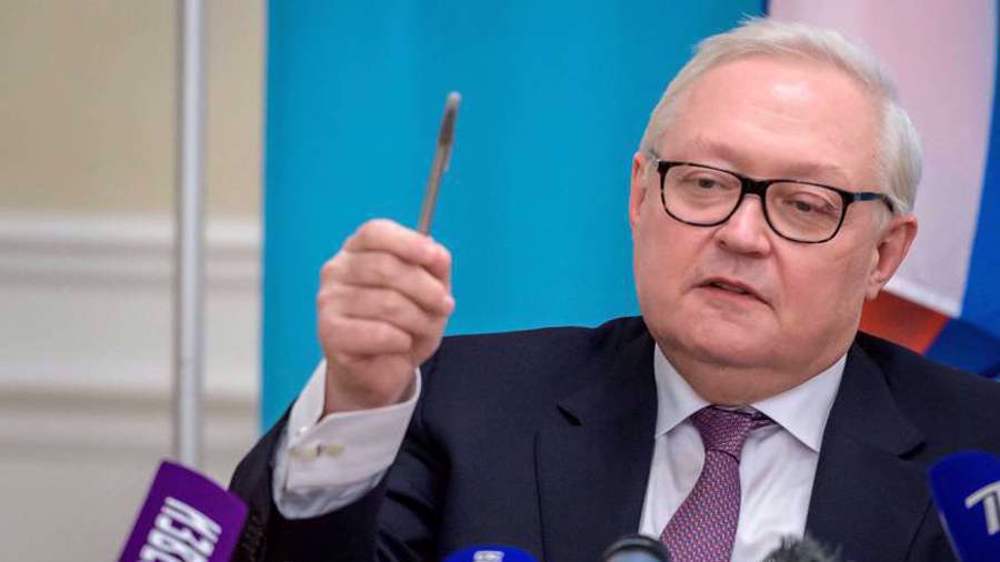
Russia warns of ‘catastrophic’ consequences if US attacks Iran

Trump threatens secondary tariffs on Russian oil over Ukraine
VIDEO | UK economy reels from impact of Trump Tariffs
UNRWA chief slams Israel’s attacks on UN facilities
VIDEO | The story of Heyam: nowhere is like Gaza!
Israeli warplanes carry out more airstrikes near Damascus
VIDEO | 'War Criminal' welcomed
Denmark's PM visits Greenland after Trump threat to seize it
Pezeshkian: If Muslim nations unite, enemies cannot oppress them
Hundreds of thousands of Gazans flee as Israel ‘wipes out’ Rafah


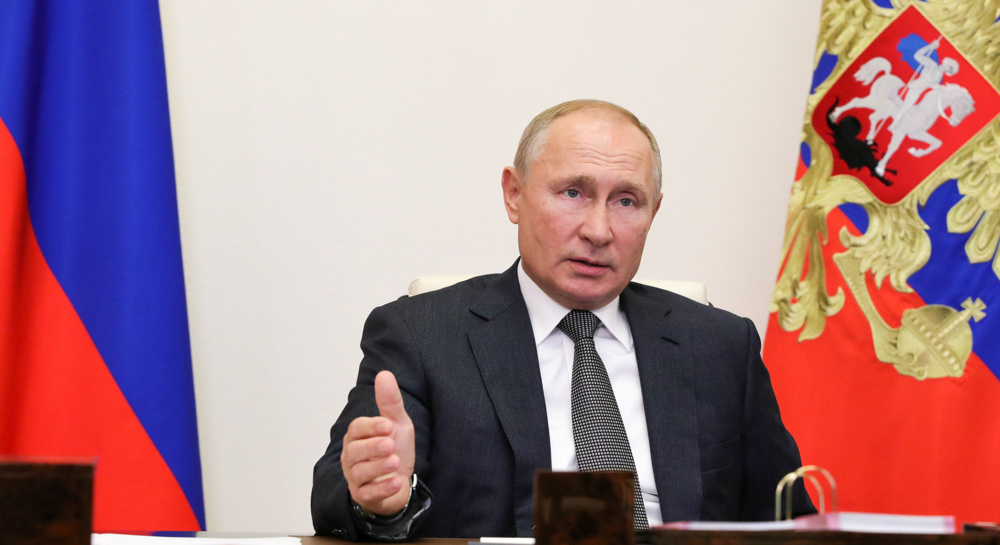





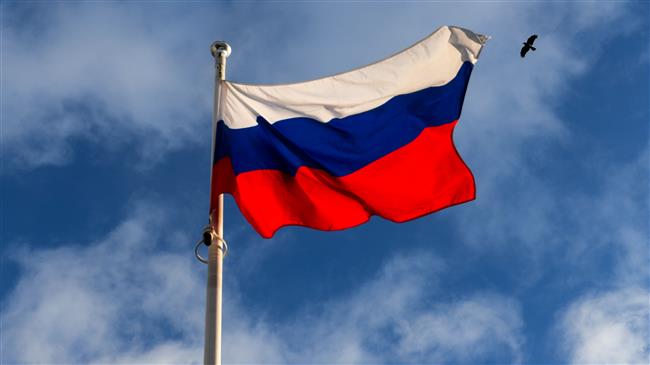
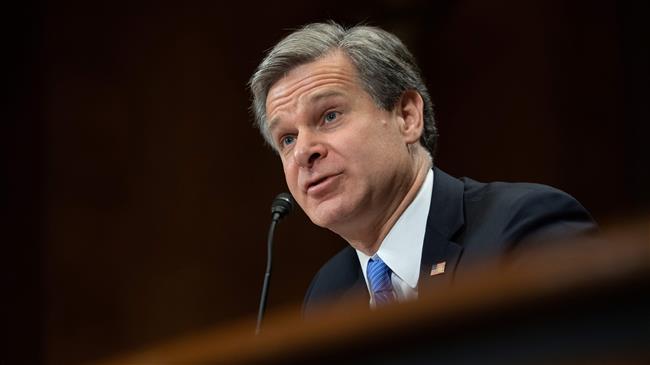
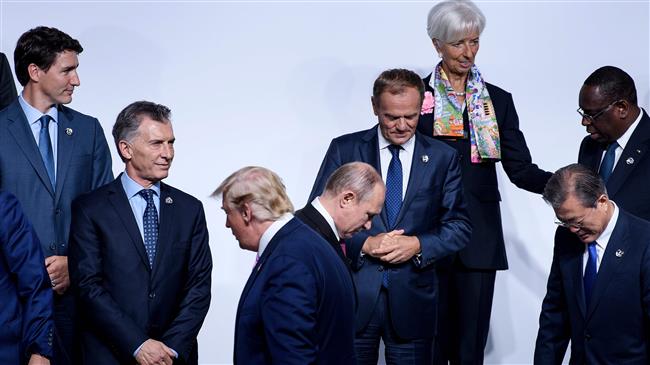

 This makes it easy to access the Press TV website
This makes it easy to access the Press TV website